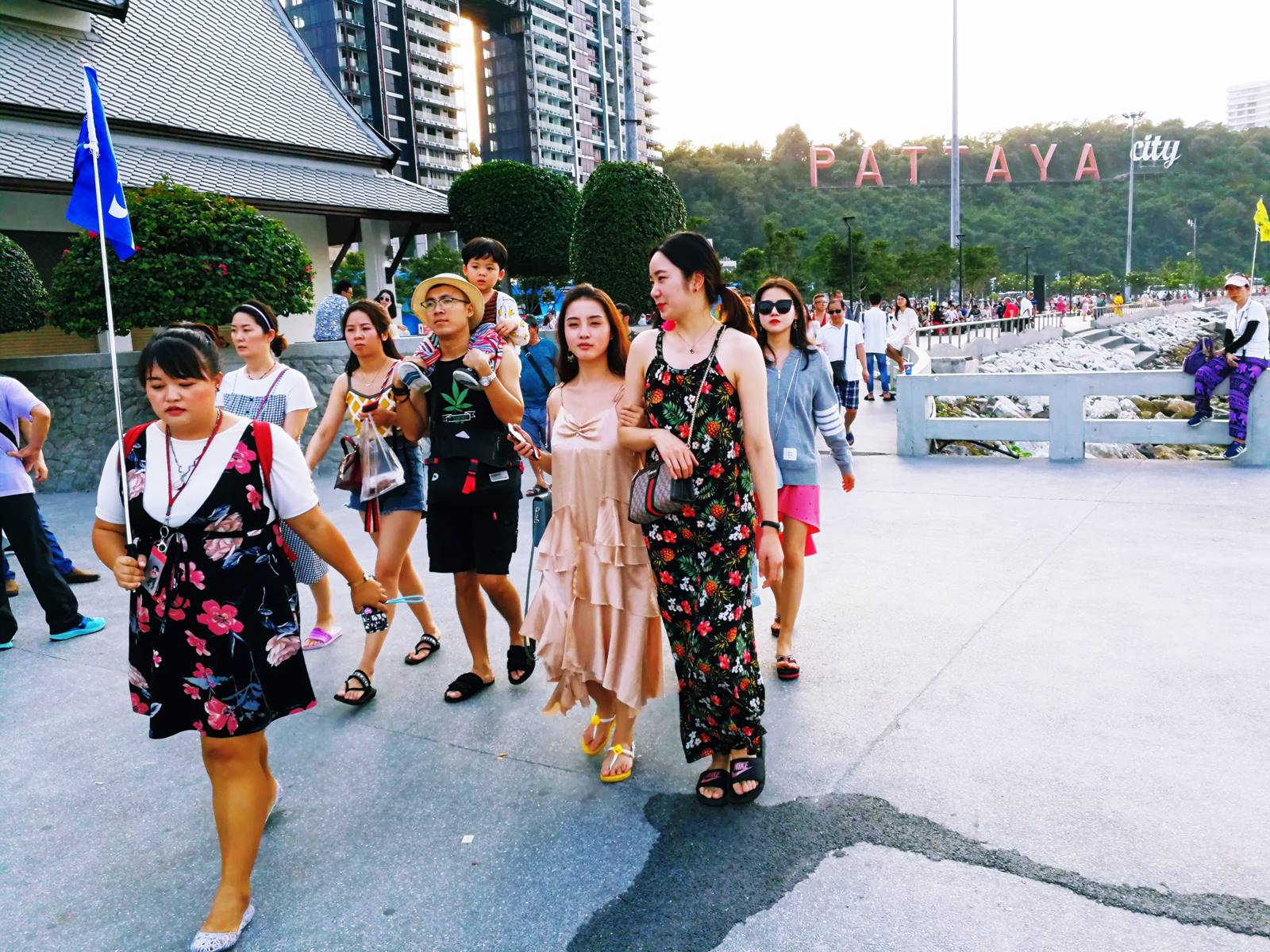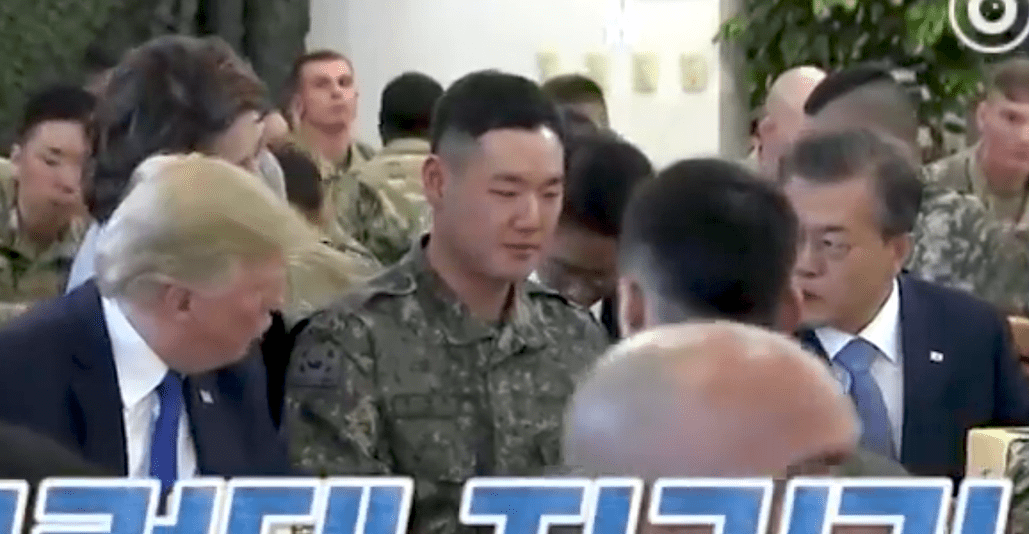Politics
Emerging hate groups in Japan
Author: Daiki Shibuichi, Centennial College, Hong Kong
What does a high-school graduate who has only known part-time work have in common with an elite researcher educated at the prestigious University of Tokyo?

How are they connected to the owner of a beauty parlor, a bank employee, a truck driver, a bar owner, an electrician, a bar hostess, and the son of a landowner family? They all belong to an ultra-right organisation named the Civil Association against Privileges for the Resident Koreans (Zainichi tokken wo yurusanai shimin no kai, or Zaitokukai). The high-school graduate, known by the pseudonym Sakurai Makoto, is the group’s president, the researcher his deputy.
The Zaitokukai organises events for participants to congregate at minority residential areas and blare threatening slogans and derogatory slurs via loudspeakers. The group, founded in 2007, can be regarded as the first hate group in post-war Japan. While conventional radical right-wing groups, or uyoku dantai, are also known for their noisy activities with military-style vans, their targets have been limited to institutions and influential figures. In contrast, the Zaitokukai’s main targets include immigrants and minorities. It has harassed resident Koreans, Filipinos, Chinese, Japan’s Burakumin minorities and even a major Buddhist faction, the Soka gakkai. In Japan, abuse and harassment against minority citizens and foreigners are on the rise. The Zaitokukai and similar but smaller groups have not yet hurt anyone physically, but the emergence of such groups is disturbing by itself.
What factors are behind the recent emergence of the movement? One conventional explanation is that people are anxious about identity as poor economic conditions since the 1990s foster strong hatred against minorities and foreigners. Journalist Yasuda Koichi has held this view, while Tessa Morris-Suzuki explains the Zaitokukai by associating it with the ‘soft repression’ of the regime led by rightist Prime Minister Abe Shinzo. In contrast, Beverley Anne Yamamoto argues the group could be a backlash against a new discourse of multiculturalism in Japan.
Yasuda Koichi’s report in particular makes clear the miscellaneous backgrounds of Zaitokukai members. The Zaitokukai’s official webpage stated that it had about 13,400 members as of June 2013. Most of these people seem to have been recruited through the internet. The cadres of the Zaitokukai explained to Yasuda Koichi that the core members of the group were web right-wingers who often posted on 2-Channel, a large internet forum that enables controversy because posters are perfectly anonymous.
Non-core members whom Yasuda interviewed told him that they accessed Nico nico douga (the Japanese equivalent of Youtube) to view Sakurai Makoto’s speeches, which openly use racial slurs and dirty words To deepen their ‘knowledge’, non-core members then went to 2-Channel. According to Yasuda, the Zaitokukai people he interviewed believed they were the weak and downtrodden, who had been deprived of their rights as citizens, and had vowed to ‘fight’ against what they perceived as reverse discrimination in Japan.
The Zaitokukai are yet to take serious action to achieve their goals. A typical Zaitokukai cadre vaguely stated in May 2013 that they were thinking about petitioning politicians in the future, but did not show any clear plans. It seems they have not tried to systematically mobilise members and potential supporters for bloc voting. None of the cadres and members have run for elections. Zaitokukai people seem to be basically happy finding comrades and gathering in towns to intimidate and insult minorities and foreigners. This may be a reason why the Zaitokukai has not aligned with conventional moderate and radical right-wing groups, which usually have a clearer agenda.
The Zaitokukai movement shows no sign of abating, and they could become stronger by tapping into dissatisfaction in Japan. To be sure, there have been substantial counter-protests and demonstrations against the Zaitokukai. Some were led by existing leftist groups while others seemed to be organised by new, unknown groups. People have shown their anger by burning the group’s banners and by marching in parallel with the Zaitokukai, shouting ‘they are a racist group’. In June 2013, the Zaitokukai president and some cadres were arrested by police in a physical skirmish with members of the counter-movement.
But counter-movements are evidently insufficient to stop the Zaitokukai from harming minorities in Japan. The Zaitokukai are inflicting psychological damage on minorities and foreigners, and they are doing so legally. The legal framework to restrain hate speeches in Japan is very weak, so even when indictments against the Zaitokukai have been made, the courts have handled them as libel cases or invoked the lesser charge of ‘committing forceful obstruction of business’. Japan must protect its minorities by law and enact anti-discrimination laws.
Daiki Shibuichi is Assistant Professor at Centennial College, Hong Kong .
Follow this link:
Emerging hate groups in Japan
Politics
US Navy Carrier Conducts Exercises in South China Sea

TEHRAN (Tasnim) – A US Navy aircraft carrier conducted exercises in the contested South China Sea on Friday, the US navy said in a statement. –
A strike group led by the USS Ronald Reagan conducted flight operations and high-end maritime stability operations and exercises, the statement said, Reuters reported.”Integration with our joint partners is essential to ensuring joint force responsiveness and lethality, and maintaining a free and open Indo-Pacific,” US Navy Commander Joshua Fagan, Task Force 70 air operations officer aboard USS Ronald Reagan, was quoted as saying.The drill comes amid heightened tensions between the United States and China.
Washington has criticized Beijing over its novel coronavirus response and accuses it of taking advantage of the pandemic to push territorial claims in the South China Sea and elsewhere.The United States has long opposed China’s expansive territorial claims in the South China Sea and has sent warships regularly through the strategic waterway.China has objected to such exercises and said the US rejection of its claims in the South China Sea has raised tension and undermined stability in the region.China claims nine tenths of the resource-rich South China Sea, through which some $3 trillion of trade passes a year. Brunei, Malaysia, the Philippines, Taiwan and Vietnam have competing claims.
Politics
How China is using tourism for geopolitical goals
The Chinese government has a degree of leverage over its tourists that other governments do not enjoy. Many Chinese tourists are new to international tourism and have limited international language abilities

Decades of astonishing economic growth have given China new tools for extending its influence abroad and achieving its political goals.
(more…)












